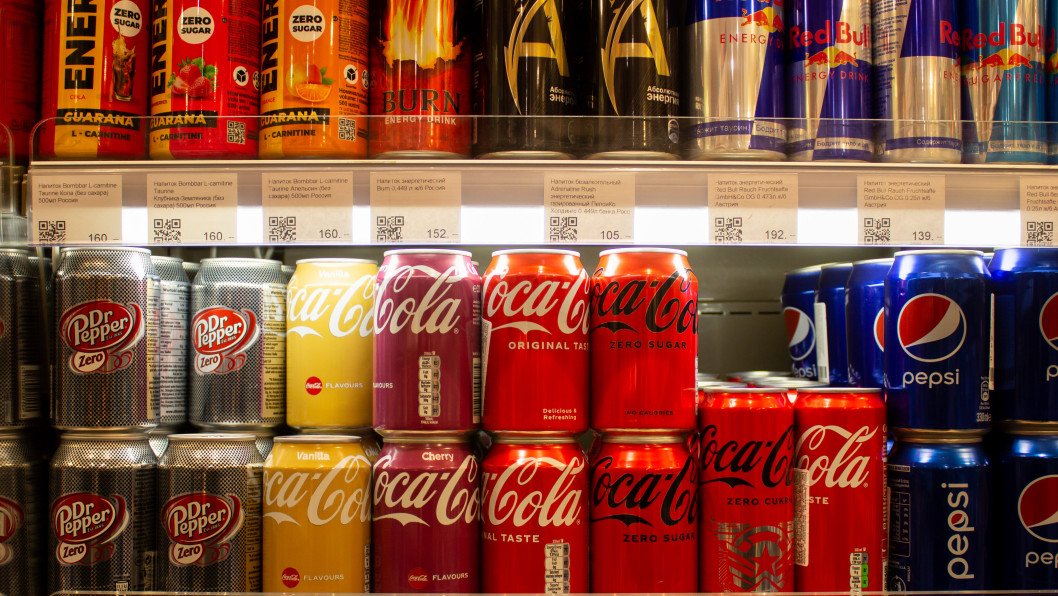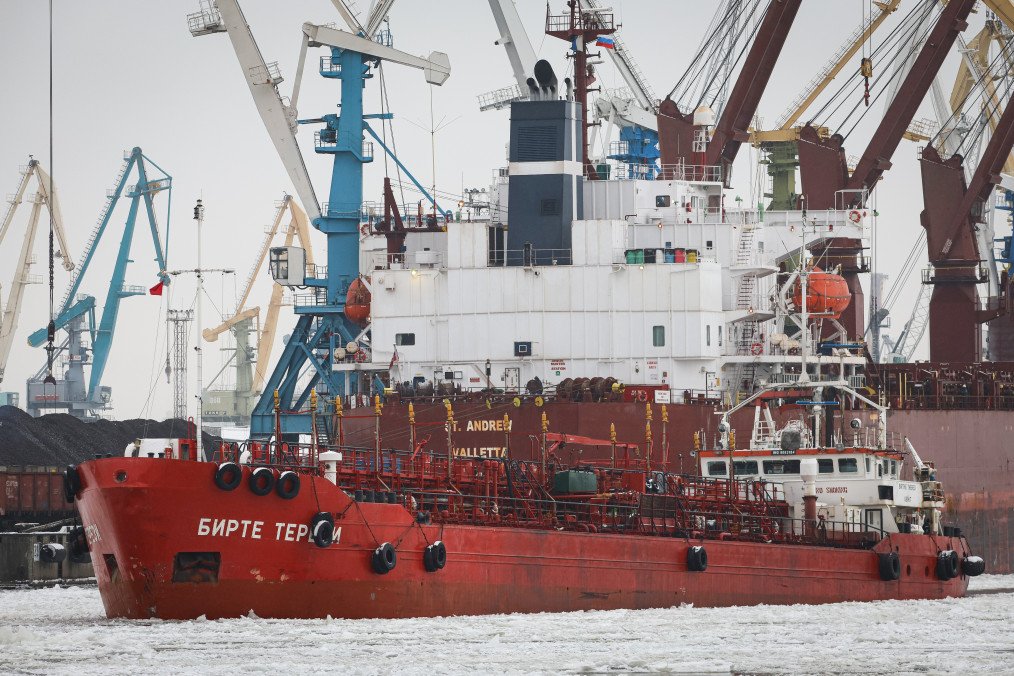Russia continues to earn massive profits from fossil fuel exports—money that helps fund its war in Ukraine—despite sanctions from the US, UK, and EU, according to BBC analysis of data from the Centre for Research on Energy and Clean Air (CREA).
Since the beginning of the full-scale invasion in February 2022, Russia has earned over €883 billion ($973 billion) from oil, gas, and coal exports—three times more than Ukraine has received in allied aid. Over €228 billion ($251 billion) of that came from countries that imposed sanctions, with the EU alone paying €209 billion ($230 billion).
Oil and gas make up over 60% of Russian exports and about one-third of its national budget. While the EU banned seaborne oil and aims to phase out Russian gas by 2027, imports continue via pipelines and increasing flows through Türkiye. In early 2025, Russian gas shipments to Europe rose 26% compared to the previous year, BBC reported.

In addition to direct sales, there are “refining loopholes,” where Russian crude is processed in third countries before being sold as fuel to sanctioning states. CREA identified six such refineries—three in Türkiye and three in India—responsible for €6.1 billion ($6.7 billion) worth of reprocessed Russian oil.
Indian authorities rejected CREA’s findings, calling them an attack on India’s image. CREA analyst Vaibhav Raghunandan said, “It’s a known loophole. Everyone’s aware, but no one is seriously tackling it.”
Despite Western efforts, Russia’s fossil fuel revenue in 2024 dropped just 5% from 2023, while crude oil income rose 6% and pipeline gas 9%. Russian LNG exports hit record levels—half going to the EU.

Activists say Western governments have tools to stop this flow but lack the political will. EU foreign policy chief Kaja Kallas acknowledged the bloc avoided stronger sanctions due to cost concerns and fear of escalation.
“Governments are financing both sides of the war,” said Maya Rosner of Global Witness. “We’re funding Russia’s aggression while supporting Ukraine’s resistance.”
Earlier, Russia has revised its 2025 federal budget, increasing the planned deficit more than threefold, from 1.17 trillion rubles (approximately $13 billion) to 3.8 trillion rubles (about $42.2 billion), due to declining oil revenues and the continued impact of international sanctions.

-924c3c302c27387e19f6c44aaeb98745.png)


-21d0b63c17f6020e4df75f6c6f9a2f4f.jpg)


